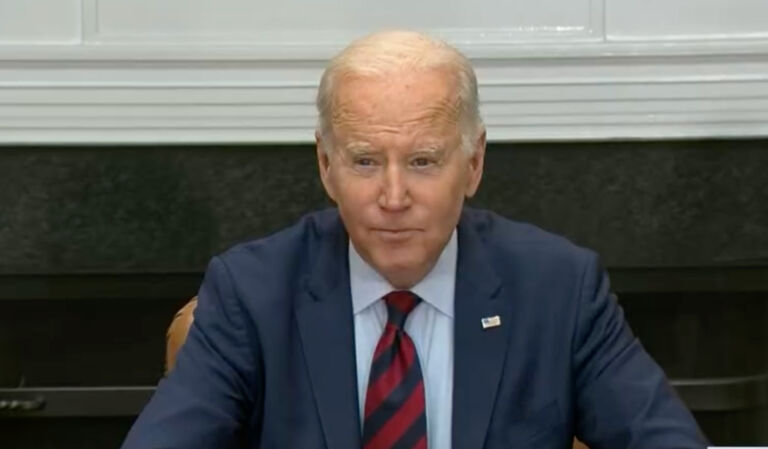That’s the title of a recent piece by Matt Ridley, in which he castigates the left for its immoral approach to climate change. He starts by saying:
Here is a simple fact about the world today:?
• climate change is doing more good than harm.?
Here is another fact:?
• climate change policy is doing more harm than good.
These are both well-established facts, supported by a great deal of data, as I will demonstrate. Do these facts surprise you? It’s certainly not the impression most politicians, scientists or journalists give. Yet the well-informed ones would not deny it if pressed. They would merely insist, instead, that this position will reverse later in the 21st century and that by then climate change, unchecked, will be doing more harm than climate policy. The eventual ends will begin to justify the painful means.
They may be right; we will see. But, today, we are deliberately causing suffering in partly futile efforts to stop something that is currently doing more good than harm, mostly to poor people.
And that should give us pause, at the very least. Is it right to ask today’s poorest people – on whom the pain of climate policies fall most heavily – to make sacrifices for the sake of tomorrow’s probably much richer people?
Ridley goes on to make his case in full, with plenty of facts and figures, and plenty of well-justified moral outrage as well. You really should read the whole thing. But just in case you don’t, here’s how it ends:
Take Niger, the fourth poorest country in the world with a per capita GDP about 1% of Britain’s. One reason for that poverty is the very low level of energy available to Niger’s people, final energy consumption being one of the lowest in the world. The small amount of electricity available to a small proportion of the population comes from one tiny coal-fired power station, some diesel power stations, and an interconnector from Nigeria. About 90% of Niger’s households depend on wood for cooking – which means appalling levels of premature death from smoke inhalation. The government has this to say:
Butane gas or LPG, a fuel currently available in sufficient quantity in Niger (44,000 tons per year) and which should be the solution to replace firewood as cooking fuel used by households, requires the acquisition of accessories for its use. These are accessories that, although available on the market, are not within the reach of low-income households and thus many in Niger have no other choice than to make use of traditional energy sources (Gado 2015).
So, thousands of lives could be saved, and living standards raised if the aid money could be to used to buy butane stoves. That would stop the continuing devastation of Niger’s forests and scrublands, too. Instead, many westerners insist that Niger must go green: ‘Niger needs to develop an energy policy that embraces renewables as part of a longer- term energy vision,’ says the International Renewable Energy Agency (2013). Wood is, of course, renewable, but that is not what they mean. Wind and solar power are dreadfully expensive, as well as unreliable, and Niger cannot afford them. The refusal of the West to support fossil fuels in such countries kills people and damages the environment. …
Niger has one thing in its favour. It is smack in the middle of the Sahel, the region that has seen the fastest global greening. Because of the increase in CO2 in the air, as a result of the burning of fossil fuels, plants in this semi-arid area can now grow faster and lose less water from the pores in their leaves as they do so: water efficiency improves. An increase in rainfall in the Sahel is also a result of global warming. …
Niger is a perfect example of the horrible hypocrisy of the climate establishment. Niger’s extreme poverty makes it vulnerable to the effects of climate policy; but it currently benefits from climate change itself.
I say to my greener friends:
Where do you get your insouciance about the clear evidence that the poorest people in the world are the ones hardest hit by climate change policy today? ?
Where do you get your indomitable certainty that the end justifies these means? ?
Where do you find the evidence that we must cause certain pain to today’s poor in order to forestall the small possibility of suffering among tomorrow’s rich? ?
And where do you find the hubris to occupy the moral high ground? ?


